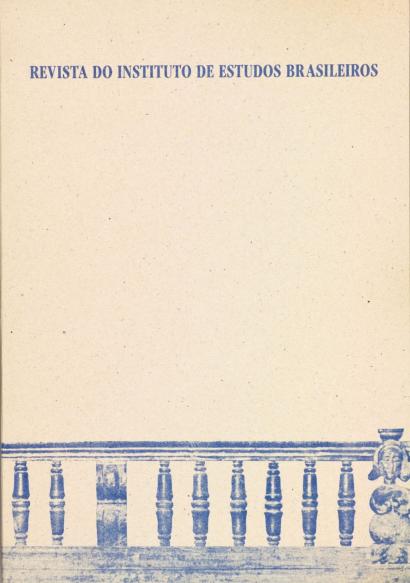Crisis and decline of tradicional Brazilian monastic orders during 19th century
DOI:
https://doi.org/10.11606/issn.2316-901X.v0i42p115-131Keywords:
Brazilian catholicism, europeanization, romanization, brazilian monastic orders, reformers bishops, new congragations.Abstract
In the middle of the 19th century a slow and continuous substitution of the tradicional "luso-brazilian" Catholicism is perceived with a strong centralized attitude of Rome. As a result it is said about a europeanization and romanization of the Brazilian's Catholicism. The agents of this transformations were above all reformatory bishops and the new religious congregations which the process of missionaries expansions came to Brazil. This article talk about the way that the tradicional monastic in Brazil were affected by this process. The orders were in decline since the Pombal's reforms suffered with the impact on the political emancipation being not able to surpass the anti-monastic politics of the Imperial government. Only in the Republic period, a re-establishment of the traditional monastic orders was verified with the arrival of the Europeans monks: Belgians, Netherlanders and Germans.Downloads
Download data is not yet available.
Downloads
Published
1997-01-31
Issue
Section
Articles
License
- Todo o conteúdo do periódico, exceto onde está identificado, está licenciado sob uma Licença Creative Commons do tipo atribuição BY-NC.
How to Cite
Wernet, A. (1997). Crisis and decline of tradicional Brazilian monastic orders during 19th century. Revista Do Instituto De Estudos Brasileiros, 42, 115-131. https://doi.org/10.11606/issn.2316-901X.v0i42p115-131



